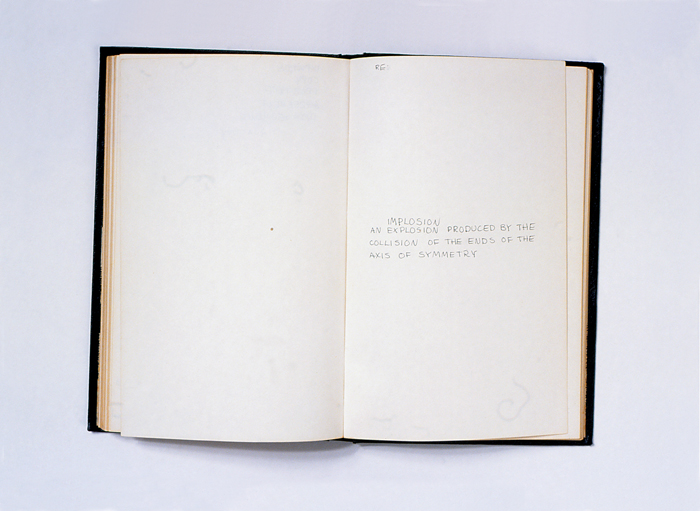
“Witnessing Eugenia Butler’s Kitchen Table”
by Marie B. Shurkus
Published in X-TRA 14.2 (Winter 2011)
Read and introduced by Poppy Coles
Poppy Coles is an artist and the Managing Editor of X-TRA.
To read along, find the article here.
In 2011, X-TRA published excerpts from Eugenia Butler’s 1993 project The Kitchen Table across four consecutive issues, transcribed and edited by Leila Hamidi. For the project, Butler invited twenty-six artists from around the world to have a meal and a conversation about art in a hidden room at Art/LA ‘93, an art fair at the Los Angeles Convention Center. She also invited one or two people to be in the room and observe each conversation as witnesses. The conversations were recorded and streamed live on video monitors around the fair. Marie Shurkus’s essay for X-TRA accompanied the fourth installment of the Kitchen Table excerpts, and reflects on the project and Butler’s work as a whole.
I was moved to reread Shurkus’s piece and revisit Butler’s Kitchen Table project by our new podcast series Artists and Rights, where we invited a group of artists to have conversations on four themes considering the urgent issues addressed by artists and their work. The series prompted some of the same questions as Kitchen Table: What is the value of an artist’s voice? How does it affect the context it’s heard in? Can it be countered or challenged? And what is the role of the audience?
I like conversation as a format for thinking through ideas. I like the collaboration, the camaraderie, and when it’s good, the conflict. I like the electricity of potential when people are in dialogue with each other. I like the in-the-moment decisions by participants to say something in a particular way that determines a conversation’s shape. What’s said—unscripted, guided by the ebb and flow of verbal exchange—can take you somewhere you didn’t expect. And when recorded, all of those decisions, those moments of inflection, candor, allusion, and nuance, become permanent. They’re an historical record and—as time passes and different people hear them in different contexts—they also evolve. Shurkus describes how “Butler expected the Kitchen Table conversations to function as generators that not only produced ideas but also powered those ideas, moving them through different expressive bodies, where other levels of collaboration could take place.”
As I read this from my home in Los Angeles, weeks into the Shelter-at-Home order during the coronavirus pandemic, I think about the importance of continuing to have conversations, of generating ideas, and of sending them out into the world. This seems to be the cornerstone of Butler’s practice and that’s why I think it’s interesting to think about her work right now.
—Poppy Coles
Poppy Coles is an artist and the Managing Editor of X-TRA.